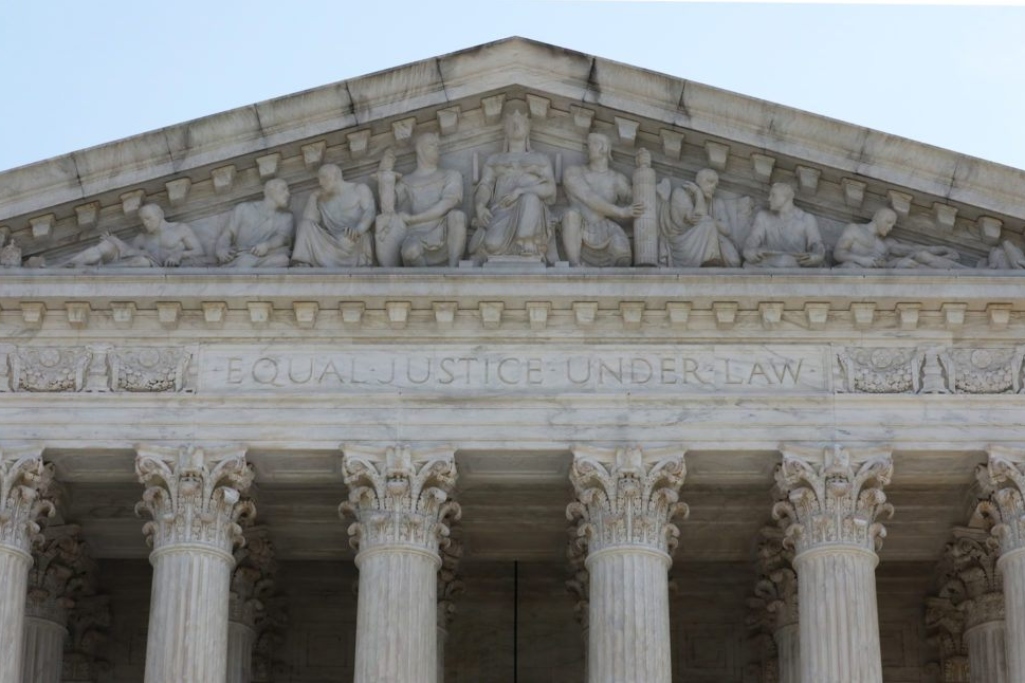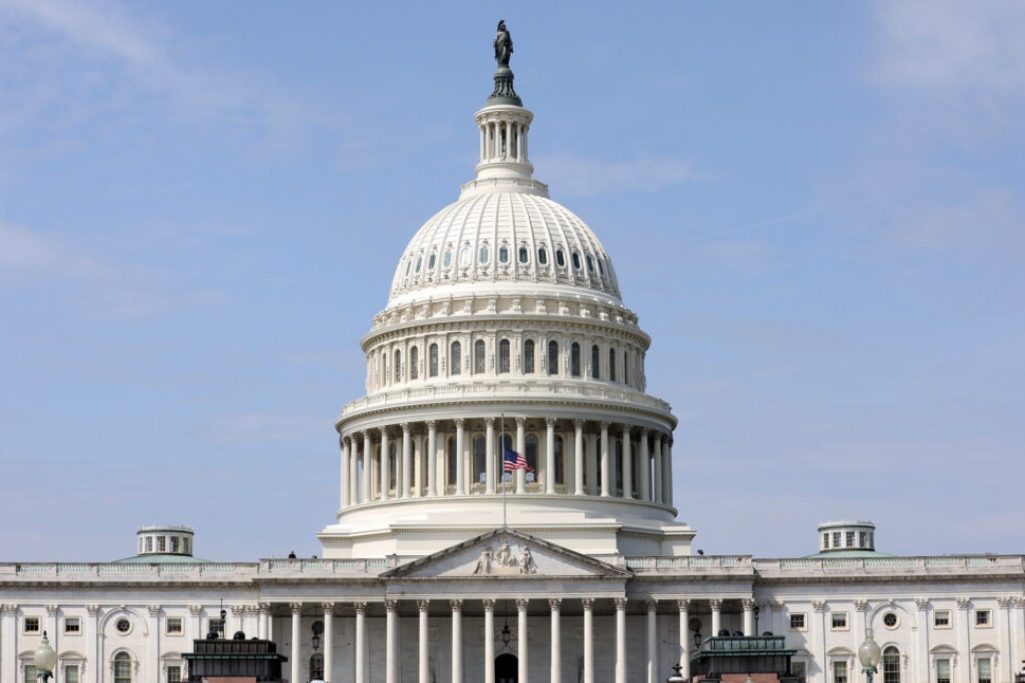
The U.S. Supreme Court.
WASHINGTON (BP) — The U.S. Supreme Court failed to intervene this session in a dispute over whether the 1986 Emergency Medical Treatment and Labor Act (EMTALA) requires doctors in the pro-life state of Texas to perform abortions to stabilize patients seeking emergency room care.
The U.S. Court of Appeals for the 5th District ruled in January that such abortions were not required in Texas because EMTALA, designed to prevent hospitals from turning away indigent patients, does not mandate specific medical treatment nor preempt state law.
U.S. Solicitor General Elizabeth Prelogar asked the Supreme Court to return the case to the 5th Circuit for further consideration, citing the High Court’s treatment of a similar Idaho case in June. In Idaho, also a pro-life state, the court allowed a lower court ruling to stand that requires doctors to perform abortions when the health of the mother is at serious risk, but sent the case back to the 9th U.S. Circuit Court of Appeals for clarification on what qualifies as “serious risk.”
But the court denied Prelogar’s request without explanation, leaving opposing laws in place in Texas and Idaho.
The Southern Baptist Ethics & Religious Liberty Commission (ERLC) welcomed the victory in Texas, as future litigation works to resolve the legal question nationally.
“Though this issue remains unresolved on a national level, we rejoice that Texas’ pro-life law protecting preborn lives will continue to be in effect without restriction from the courts,” Hannah Daniel, ERLC director of public policy, told Baptist Press. “Although the Biden administration continues to wrongly argue that these laws are in conflict, we know that, fundamentally, pro-life laws and EMTALA have the same goal — protecting the lives of preborn children and their mothers.
“The ERLC will continue to monitor this and similar litigation to ensure that EMTALA is not weaponized to overturn state pro-life laws across the country.”
The Texas case was among nearly 900 that the High Court denied certiorari without explanation Oct. 7 on the opening of its October session.
In the Texas case, the American Association of Pro-Life Obstetricians & Gynecologists and the Christian Medical & Dental Association joined the state in challenging the Biden Administration’s guidance on EMTALA issued after Roe v. Wade was overturned. The plaintiffs said the new guidance required providers to perform elective abortions beyond Health and Human Services’ (HHS) authority and contrary to Texas law and were successful in enjoining the rule’s enforcement.
The appeals court upheld the lower court’s ruling, writing, “The injunction is not overbroad. As previously discussed, EMTALA does not mandate medical treatments, let alone abortion care, nor does it preempt Texas law. The injunction squarely enjoins HHS from enforcing the Guidance and Letter regarding these two issues within the State of Texas and against the plaintiff organizations.”
Texas law only allows abortions if the mother has a life-threatening condition and is at risk of death or “substantial impairment of a major bodily function” if the abortion is not performed.
(EDITOR’S NOTE — Diana Chandler is Baptist Press’ senior writer.)


